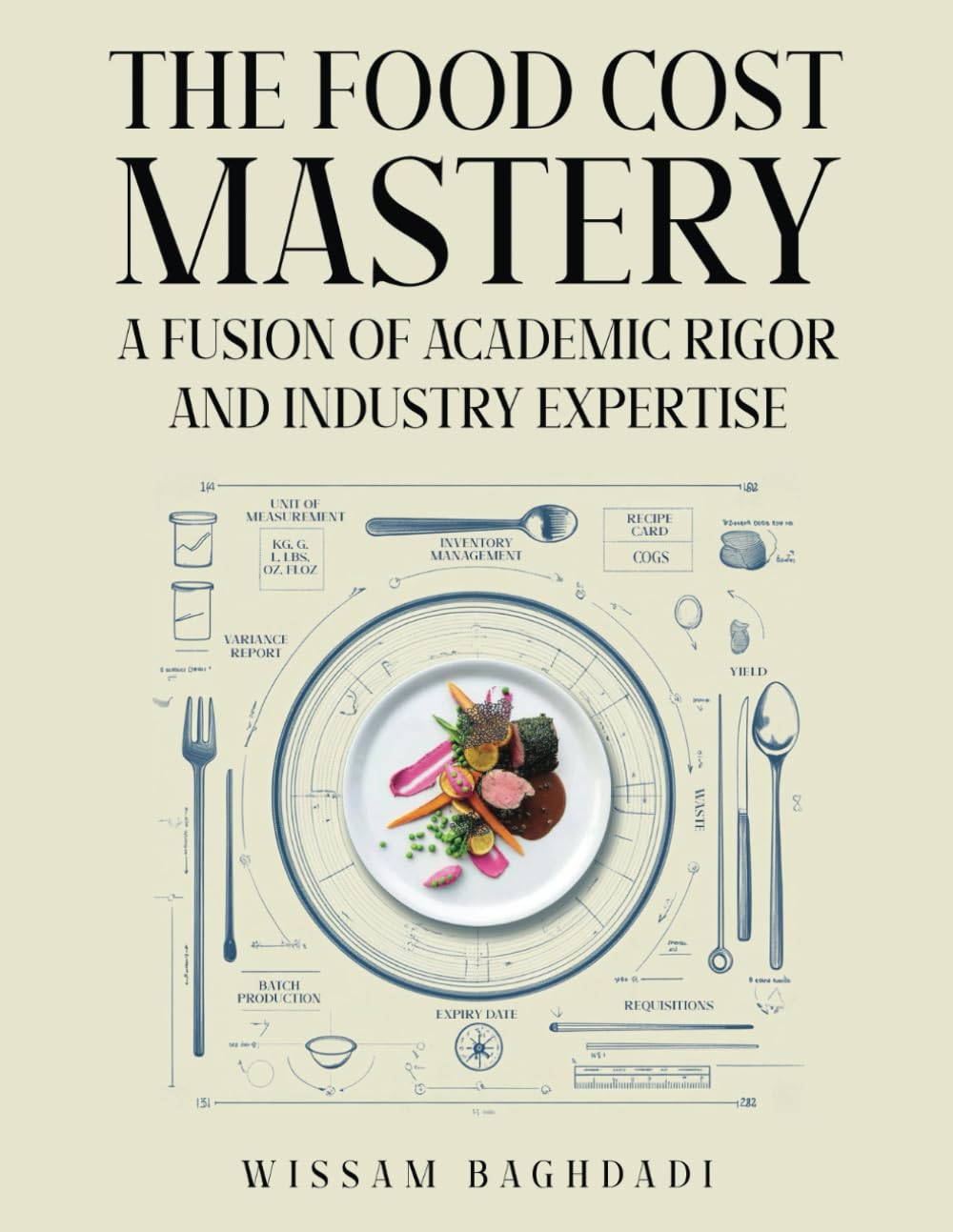
Sustainable sourcing is no longer just a trend—it’s an essential practice for restaurants aiming to align with customer values, reduce their environmental impact, and maintain cost-efficiency. In The Food Cost Mastery: Fusion of Academic Rigor and Industry Expertise, Wissam Baghdadi highlights the importance of forging strong partnerships with ethical suppliers to create a sustainable and financially sound supply chain.
The Importance of Sustainable Sourcing
Sustainable sourcing focuses on obtaining ingredients that are environmentally friendly, socially responsible, and economically viable. Customers increasingly value restaurants that prioritize sustainability, and suppliers who adhere to these principles can help meet those expectations.
Benefits of Sustainable Sourcing:
- Customer Trust: Transparency in sourcing builds brand loyalty and trust.
- Cost Savings: Efficient supply chains often reduce waste and improve margins over time.
- Environmental Impact: Ethical practices contribute to a healthier planet, aligning with global sustainability goals.
Building Relationships with Ethical Suppliers
1. Research and Vet Suppliers
Before committing to a supplier, conduct thorough research to ensure their practices align with your values. Baghdadi suggests asking for certifications such as Fair Trade, USDA Organic, or Marine Stewardship Council (MSC) labels to verify their credibility.
2. Visit Farms and Facilities
Whenever possible, visit supplier facilities to observe their operations firsthand. This not only ensures ethical practices but also fosters trust and collaboration.
3. Negotiate Long-Term Contracts
Long-term agreements with ethical suppliers provide stability and predictability in pricing. Baghdadi emphasizes that nurturing these relationships often leads to preferential pricing and priority access to quality ingredients.
Strategies for Cost-Effective Sourcing
1. Embrace Seasonality
Working with suppliers to source seasonal ingredients reduces costs and ensures freshness. For example, incorporating locally available produce into menus can enhance quality while lowering transportation costs.
2. Purchase in Bulk
Bulk purchasing of staples can yield cost savings, especially when dealing with suppliers who share sustainability goals. However, Baghdadi cautions against over-purchasing perishable items to avoid waste.
3. Collaborate on Innovations
Partnering with suppliers to develop sustainable packaging or efficient delivery methods can reduce costs while supporting green initiatives.
Fostering Strong Communication
Maintaining open lines of communication with suppliers is essential for adapting to market changes. Baghdadi advises scheduling regular meetings to discuss product availability, pricing adjustments, and feedback. Tools like inventory management systems can facilitate real-time updates on order statuses and inventory needs.
Measuring the Impact of Sustainable Sourcing
1. Track Metrics
Monitor key performance indicators (KPIs) like cost savings, ingredient quality, and customer satisfaction to evaluate the effectiveness of sustainable sourcing strategies.
2. Share Success Stories
Highlighting your commitment to sustainability through marketing efforts can attract eco-conscious customers. Baghdadi recommends sharing stories about ethical suppliers and the positive impact of their practices.
Sustainable sourcing is not just about ethics—it’s a strategic move that benefits your business, the environment, and your customers. By building relationships with ethical suppliers, as outlined in The Food Cost Mastery, restaurateurs can align their operations with sustainability goals while maintaining cost-effectiveness. The result is a supply chain that supports long-term success and resonates with today’s discerning diners.
Leave a Reply